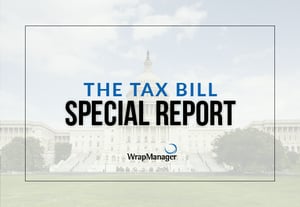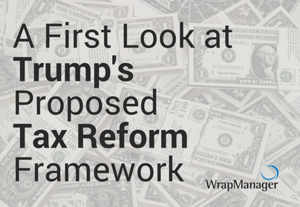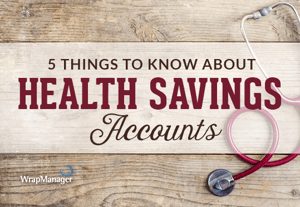Before the year ends, take some time to review your financial health. Here are 10 financial planning items to review before 2021 comes to a close.
1. Take your Required Minimum DistributionRequired Minimum Distributions (RMDs) were temporarily suspended for 2020 due to COVID-19 relief legislation but RMDs are back for 2021 and beyond.
If your 70th birthday is on or after July 1, 2019, you will have to take an RMD from your retirement account prior to December 31st once you reach age 72 in most situations.1
Note that Roth IRAs do not have RMDs. Consult with your financial advisor to determine the exact amount of the RMD that you need to take before December 31st.
[+] Read More
















